We independently evaluate all recommended products and services. If you click on links we provide, we may receive compensation.
We’ve all been there. The day is just starting, but the makeup you painstakingly applied a few hours ago — the blush and bronzer and highlighter — is already starting to fade. When you left the house, you had a whole face of makeup on, and now it looks like you didn’t even try. It’s so frustrating. But there’s one product that can help: makeup primer.
We know adding another product to your makeup routine can be a pain. It’s like one day you looked down at your makeup bag and realized the products multiplied. But there are ways to make your makeup sweatproof and keep it from fading that are worth the money and extra effort.
Makeup primer can make a big difference in how well your makeup wears. But do you need it every day? And what’s the best primer for your skin type? To get to the bottom of all your primer-related questions, we tapped Jillian Dempsey, celebrity makeup artist and founder of Jillian Dempsey Beauty.
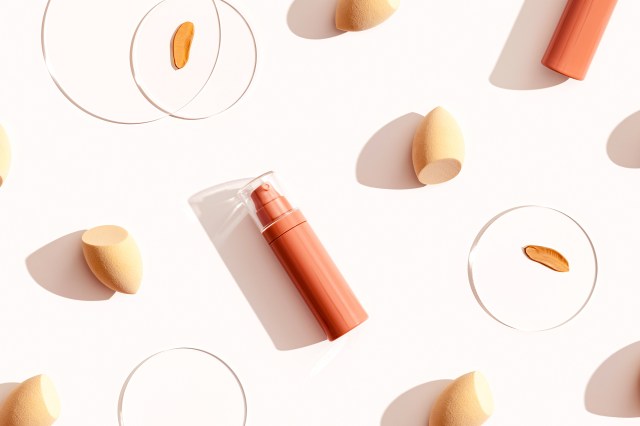
When Do You Need a Makeup Primer?
If you don’t want a huge, multistep makeup routine, you’re in luck. According to Dempsey, using a primer (or not) will not make or break a look. However, she says primers “can make a difference when applying long-wear makeup and to help makeup last.” So, if you’re doing a no-makeup makeup look for brunch with friends, you can probably skip primer. But if you need your glam to last a full day and night, you might want to add one to your routine.
The way makeup primers help depends on your skin type, though, as well as the skin prep you do underneath the primer. “You want to be careful to not over-prep the skin so there isn’t any slip,” Dempsey says. Basically, your best makeup starts with a base routine.
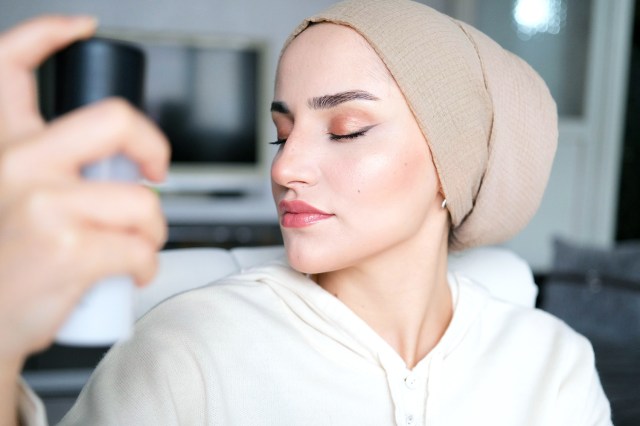
What’s the Best Makeup Primer for Your Skin Type?
Dempsey says primers are an important step if you want your makeup to last longer: think multihour travel days, keeping a look from morning to night, or extending your makeup’s life when you know you’re going to be sweating. If you skip primers, your makeup won’t visually look better or worse, but you might notice it fading faster throughout the day than if you used one. However, Dempsey notes that it’s important to know what type of primer works best for your skin type and texture.
- Dry Skin: If you have dry skin, Dempsey says you should reach for a more hydrating primer. Look for primer that contains ingredients such as hyaluronic acid and vitamins C and E to help lock moisture into the skin’s surface. She suggests the Mixturizer Primer from her own brand, Jillian Dempsey Beauty.
- Redness/Discoloration: If you have redness or discoloration on your skin, Dempsey suggests a color-correcting primer. We like a green cream version, such as Essence’s Redness Reducing Primer, which will also target discoloration.
- Oily Skin: Dempsey suggests skipping gel or cream primers if you have oily skin and instead opting for “a setting product instead, like a powder” or finishing spray. The Urban Decay setting sprays are great because you can choose one based on the type of finish you’re after. They have matte, extra glow, and regular setting sprays. They even have one made specifically for oily skin, called De-Slick.
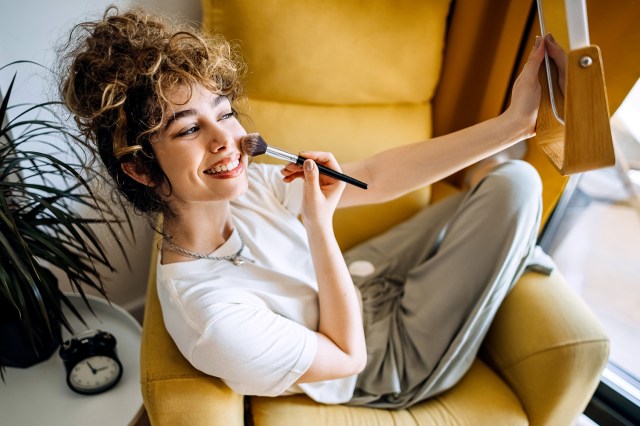
What’s the Best Makeup Primer With Your Foundation?
In addition to your skin type, choosing the right primer depends on what foundation you’ll be using. For example, if you have oily skin and use water-based foundation, you’ll want to choose a water-based primer. On the flip side, if you have dry skin and love hydrating oil-based foundation, choose an oil-based primer. The same goes for using silicone-based primers with silicone-based foundations. This will ensure your makeup will go on smoothly and seamlessly without any pilling or separation.
You can usually tell if a product is oil-, water-, or silicone-based by the writing on the packaging, or you can check the ingredient list. When in doubt, apply a primer and foundation together on your hand to see how they layer together. If separation occurs, try a different combination of products.
This article is for general informational purposes only.
Affiliate Disclaimer Medical Disclaimer



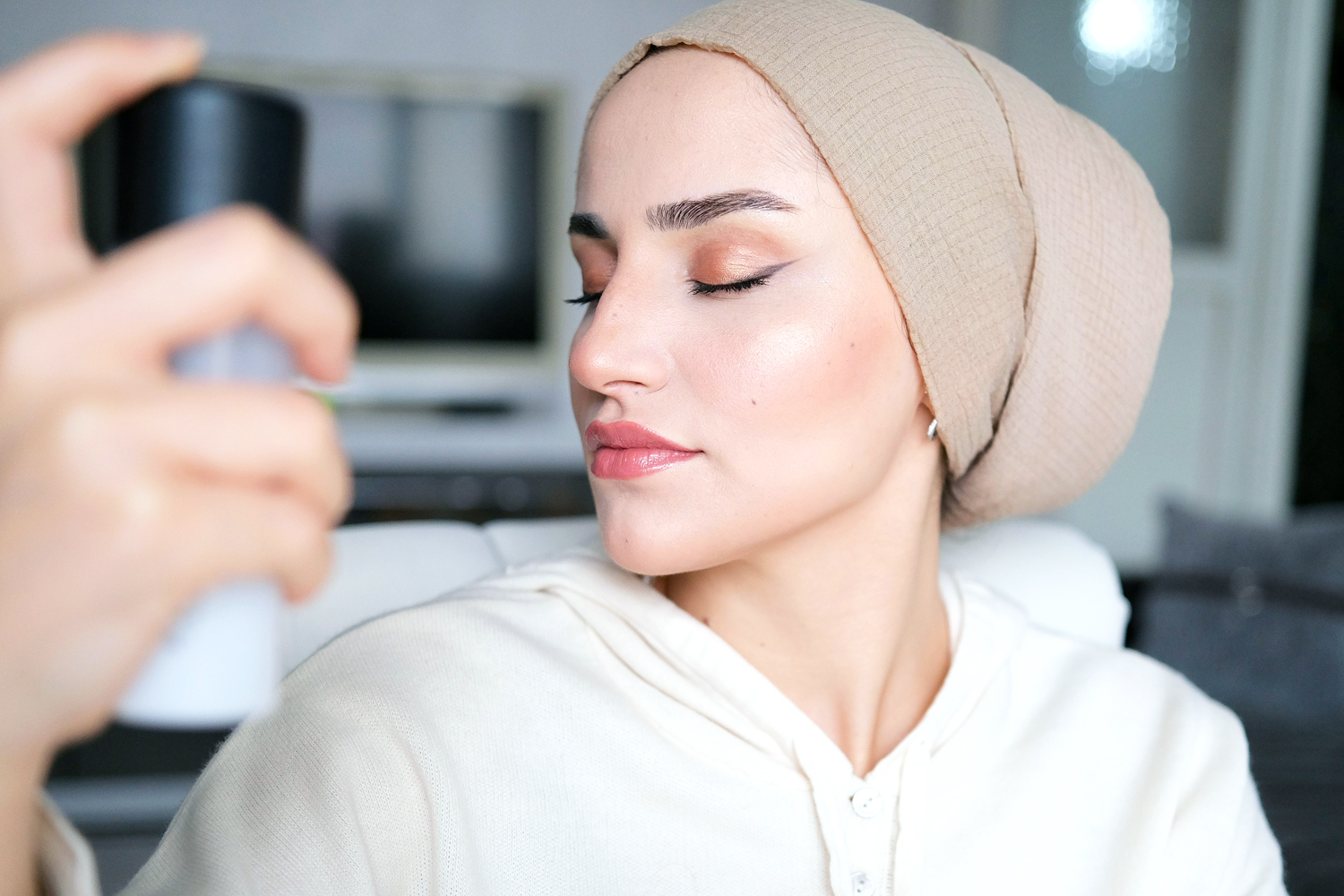









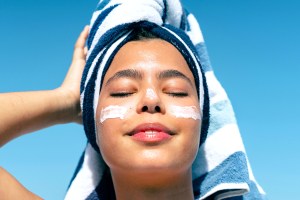


 Unique Beauty is free for all users.
Unique Beauty is free for all users.